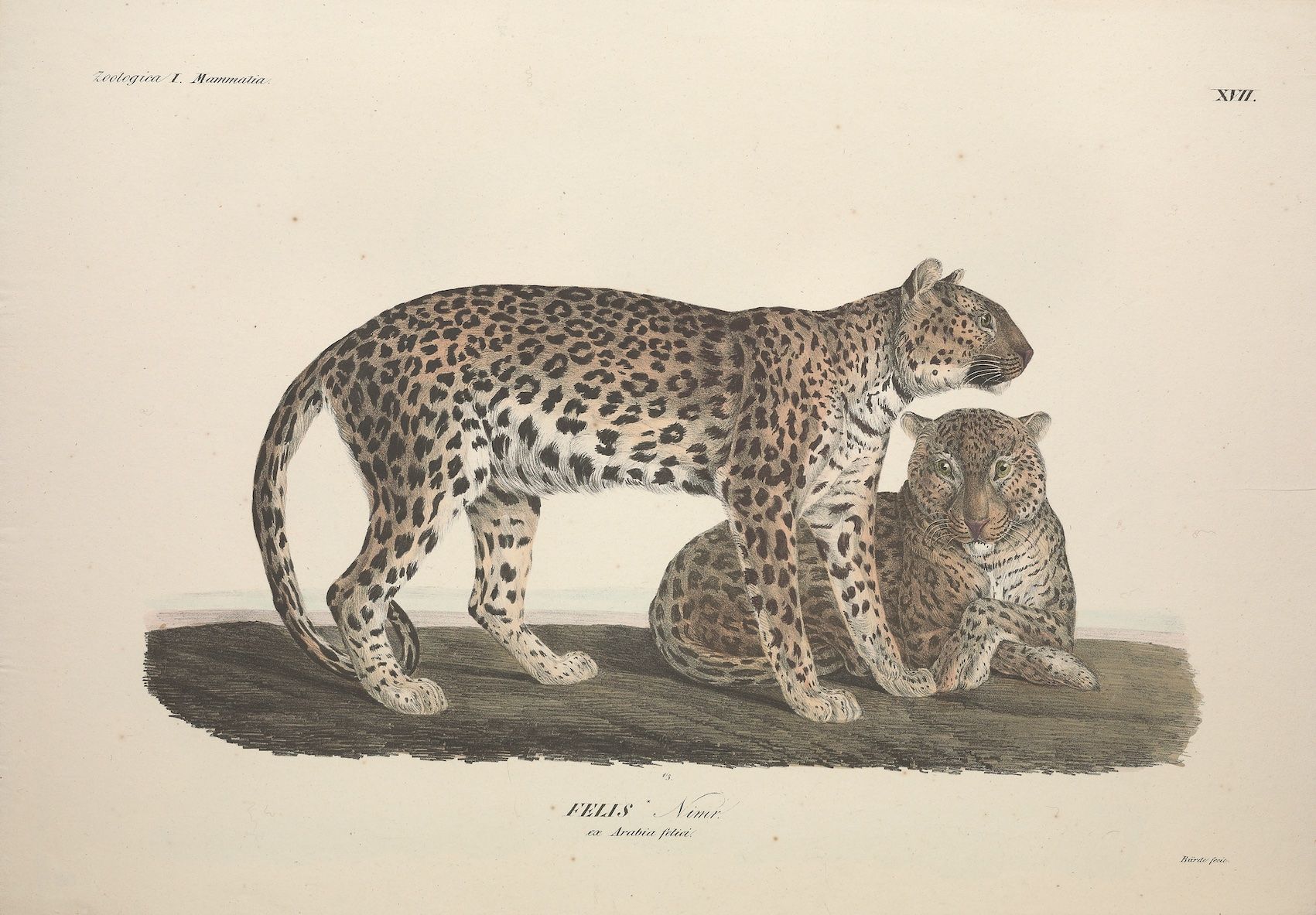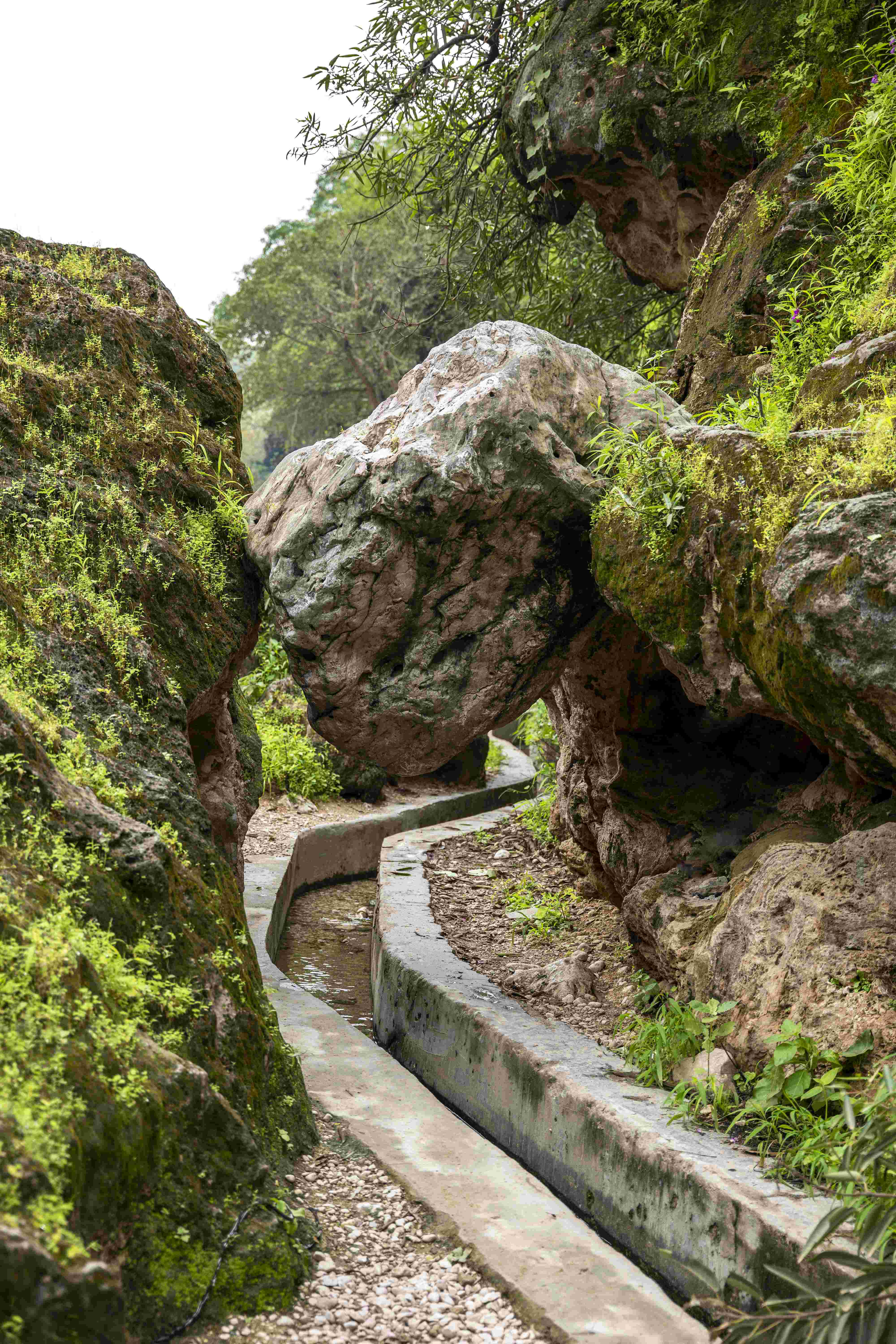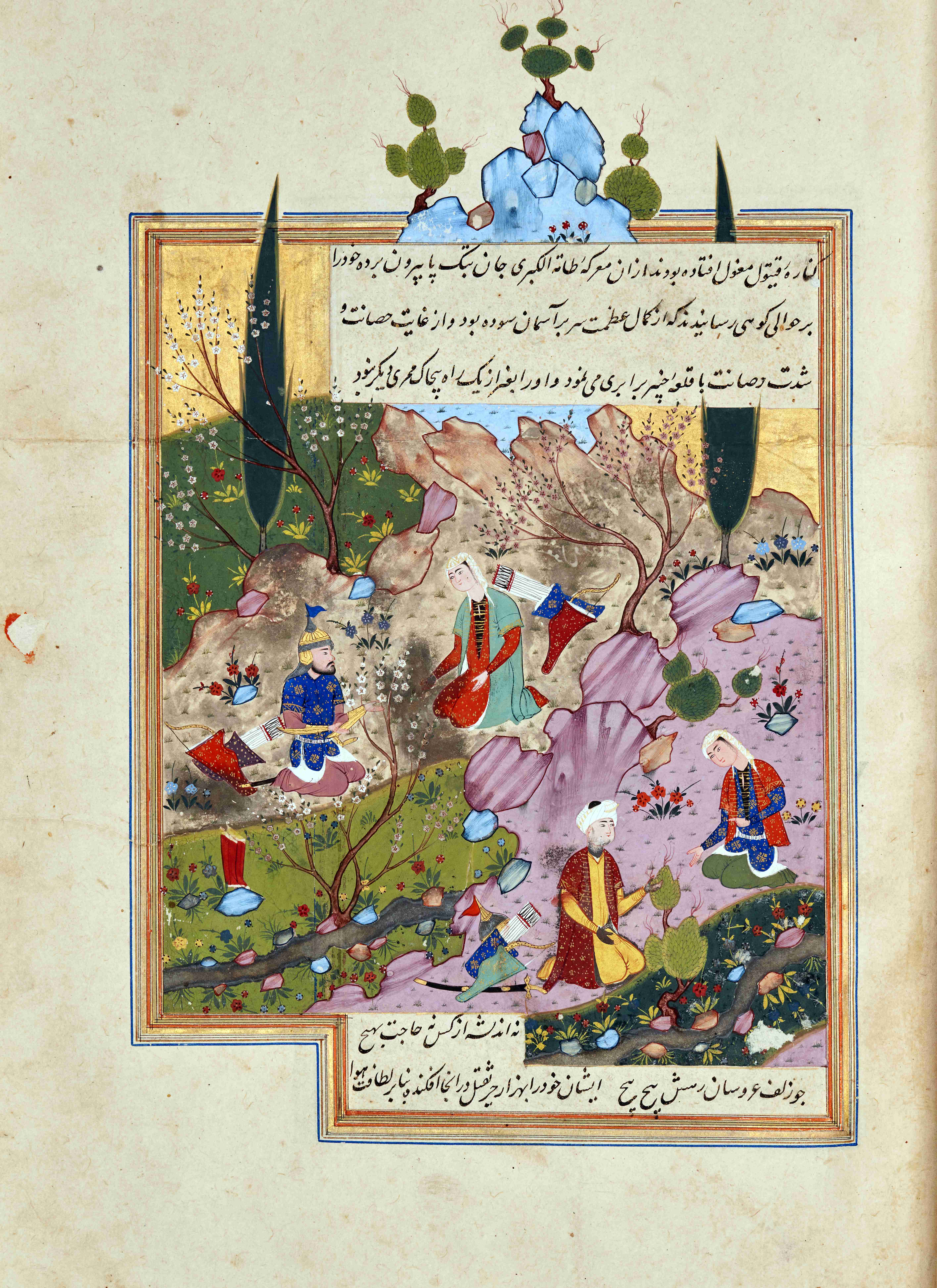Where Nature, Culture and Honor Meet: Mini-Japan at Ithra
Taking inspiration from nature, and being part of nature’s narrative: Japan Cultural Days at Ithra. Photo by Ahmed Al-Thani.
“A mini-Japan was recreated at Ithra… where elements of traditional, popular and contemporary aspects of Japanese culture were represented and the public had a chance to meet our culture,” — H.E. Morino Yasunari, Ambassador of Japan to the Kingdom of Saudi Arabia.
Silk, serenity and a subtle appreciation of the small things in our shared world — founded on values such as patience, humility and honor — are just some of the elements in Japanese culture that make it unique yet universal for all to embrace and appreciate.
From the tea ceremonies to the asymmetrical flower arrangements of Ikebana, visitors to Ithra’s Japan Cultural Days embraced a range of unique cultural exchanges that imparted an appreciation of nature and the wise lessons it continues to teach us every day.
“I really enjoyed seeing different representations of Japanese culture. From the modern to the traditional to the popular, all these kinds of cross-cultural events really help with building understanding between cultures and create new appreciation for others and their cultures, ”said H.E. Morino Yasunari, Ambassador of Japan to the Kingdom of Saudi Arabia in an interview with Ithraeyat.
The Year 2025 is an important year for Japan: It marks the 70th anniversary of the establishment of diplomatic relations between Japan and the Kingdom of Saudi Arabia, and the World Expo is being held in Osaka as well.
“One of the messages from Osaka Expo is the importance of cultural dialogue and building new bridges of understanding in the global community of humanity,” said the ambassador. “The Japanese respect other cultures, and enjoy exploring them to learn more about them, and so it will be a very interesting time for both ours and other cultures to learn about each other.”
“One of the messages from Osaka Expo is the importance of cultural dialogue and building new bridges of understanding in the global community of humanity,” said the ambassador. “The Japanese respect other cultures, and enjoy exploring them to learn more about them, and so it will be a very interesting time for both ours and other cultures to learn about each other.”
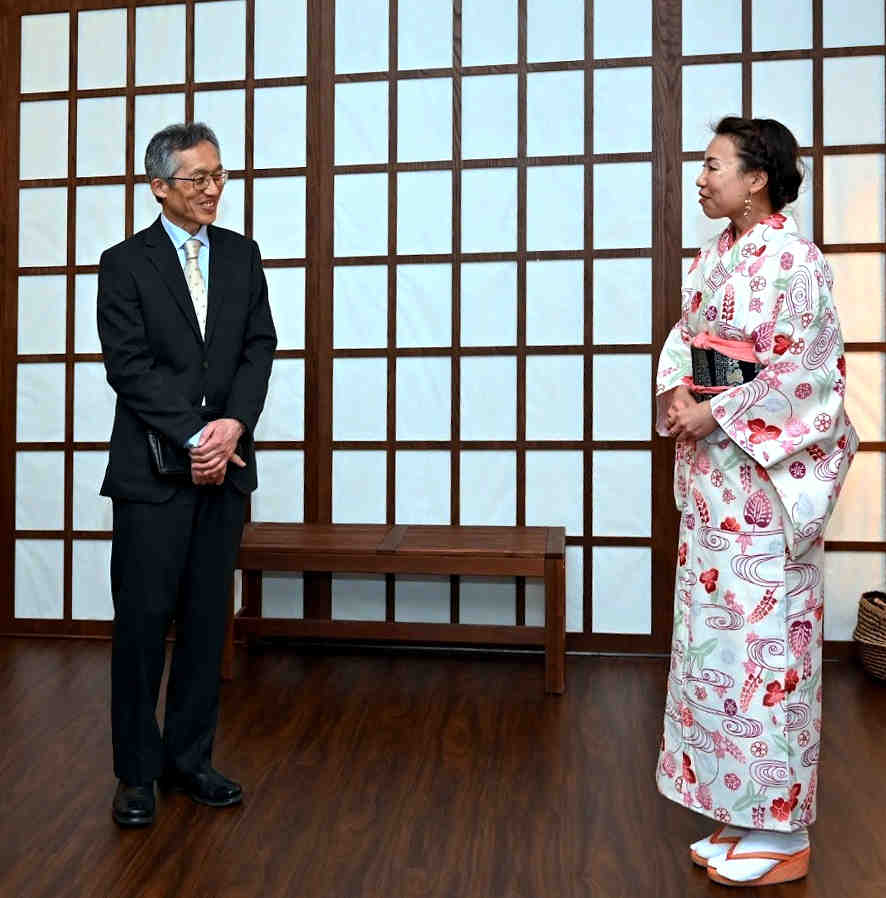
H.E. Morino Yasunari, Ambassador of Japan to the Kingdom of Saudi Arabia visiting Japan Cultural Days at Ithra. Photo by Ahmed Al-Thani.
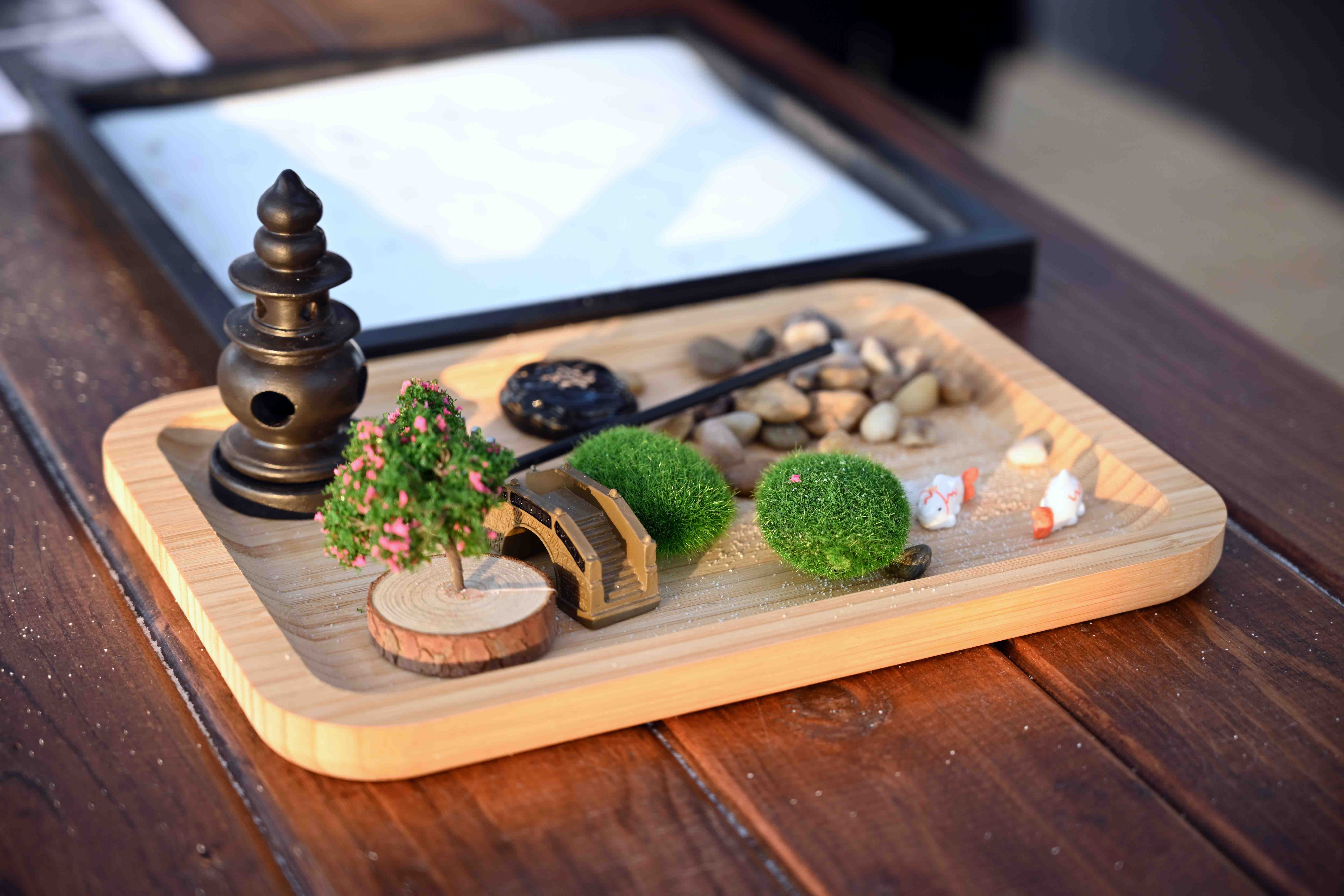
Photo by Ahmed Al-Thani.
The Japan Cultural Days boasted much to offer, including films, collections of elegant Kimono traditional wear, and even workshops on everything from sushi making and origami to Japanese calligraphy and art..
“I really enjoyed the different performances, but I especially enjoyed Kabuki, a dramatic and traditional performance of dance and music,” said
H.E. Yasunari.
Kabuki theater — inscribed in 2008 on Unesco’s Representative List of the Intangible Cultural Heritage of Humanity — is a traditional form of Japanese theater, which originated in the Edo period at the beginning of the seventeenth century and was particularly popular among the townspeople. Kabuki’s highly stylized and dramatic plays are about historical events and moral conflict in relationships of the heart.
“A mini-Japan was recreated at Ithra… where elements of traditional, popular and contemporary aspects of Japanese culture were represented and the public had a chance to meet our culture,” concluded the ambassador.
Over 340,000 visitors attended the Japan Cultural Days at Ithra. It was a true cross-cultural exchange of ideas, impressions and interactions.
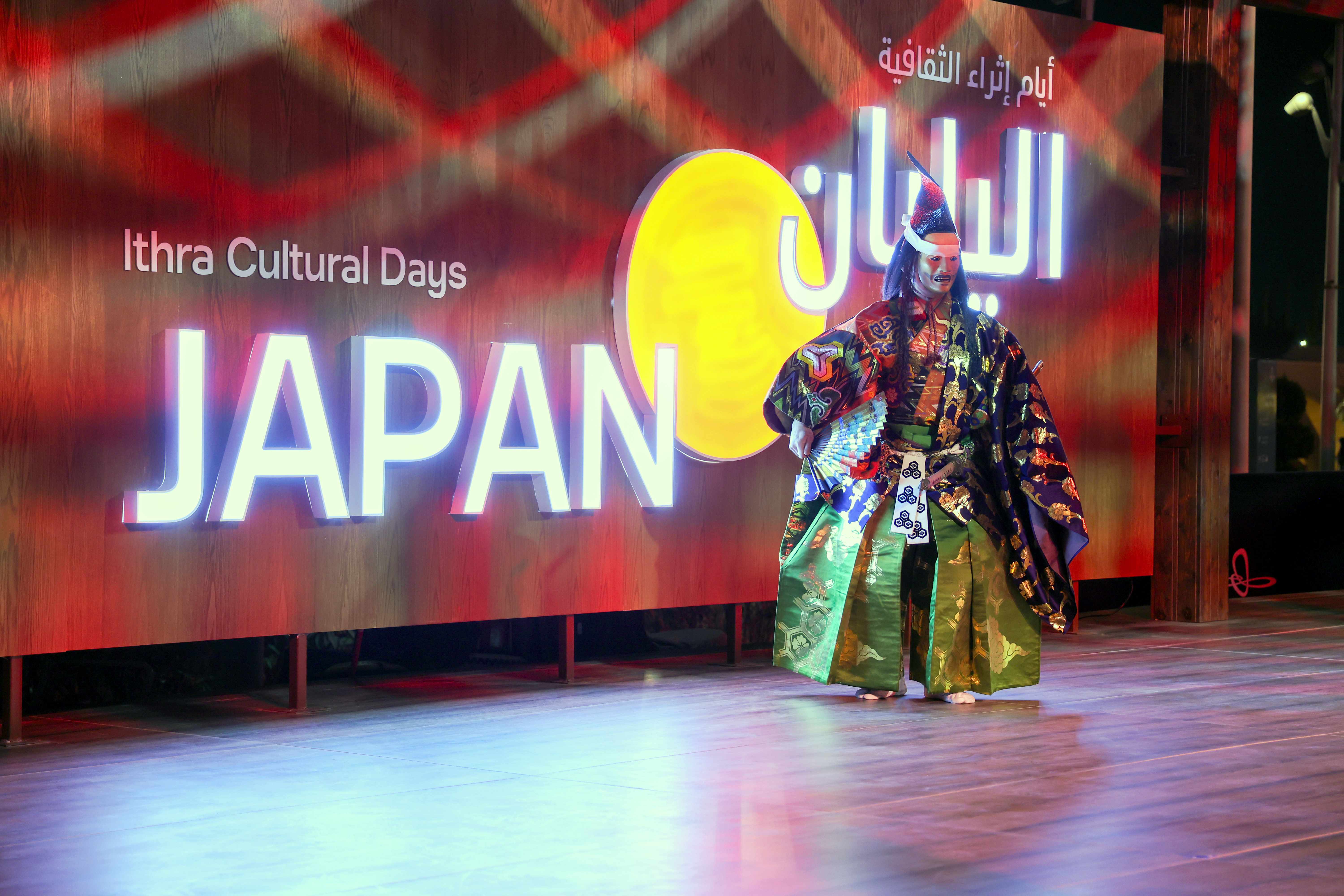
Kabuki, a dramatic and traditional Japanese performance of dance and music. Ithra Cultural Days: Japan. January to February, 2025. Photo by Omar Abdullah.
It does not have to be so full, so symmetrical, to appreciate the simple asymmetrical flower arrangement with a tree branch that brings a sense of peace and simplicity to the home,” said Mie Nagai, a master in both Ikebana traditional flower arrangement and tea ceremony and who had conducted workshops on that at Ithra.
“Ikebana welcomes nature into our homes,” she said.
In one of the kiosks, quietly sculpting yet another animal, was traditional Japanese candy sculptor Takahiro Mizuki, who left his “boring” civil servant work to master making candy using heated sugar and shaping it into art.
“I learned by watching and watching, and then one day, I just started doing it and love every day of making candy that brings joy to all,” he said, who is one of only ten such craftspeople in all of Japan.
“Every candy piece is an art piece, and most don’t want to eat it but keep it,” he said with a grin.
There was something for everyone at Ithra during those special days.
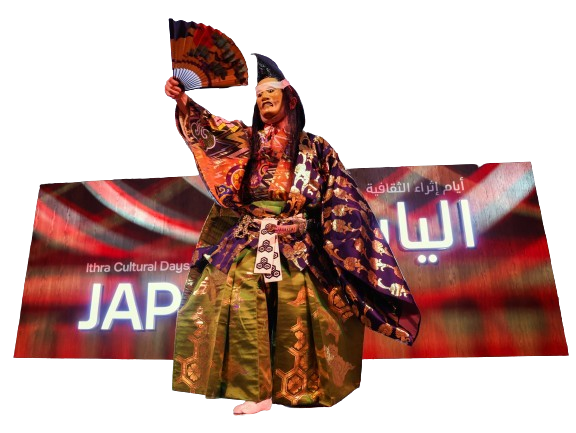
Kabuki, a dramatic and traditional Japanese performance of dance and music. Ithra Cultural Days: Japan. January to February, 2025. Photo by Omar Abdullah.
Even the mythical dragon made an appearance at Japan Cultural Days at Ithra, dedicated on ‘Haori’ ( Pure silk, 1926-1960 CE) part of the Kimono exhibition.
The dragon, an auspicious creature introduced from China alongside the phoenix, often adorns haori. This mythical beast combines features from several real animals, including the horns of a deer, a camel's head and an eagle's claws. Dragons were popularly revered as 'water gods' - believed to summon rain and clouds, and in ancient China, they symbolized the emperor's nobility and glory. The image of a dragon ascending to the sky represents success, progress and the fulfillment of great aspirations.
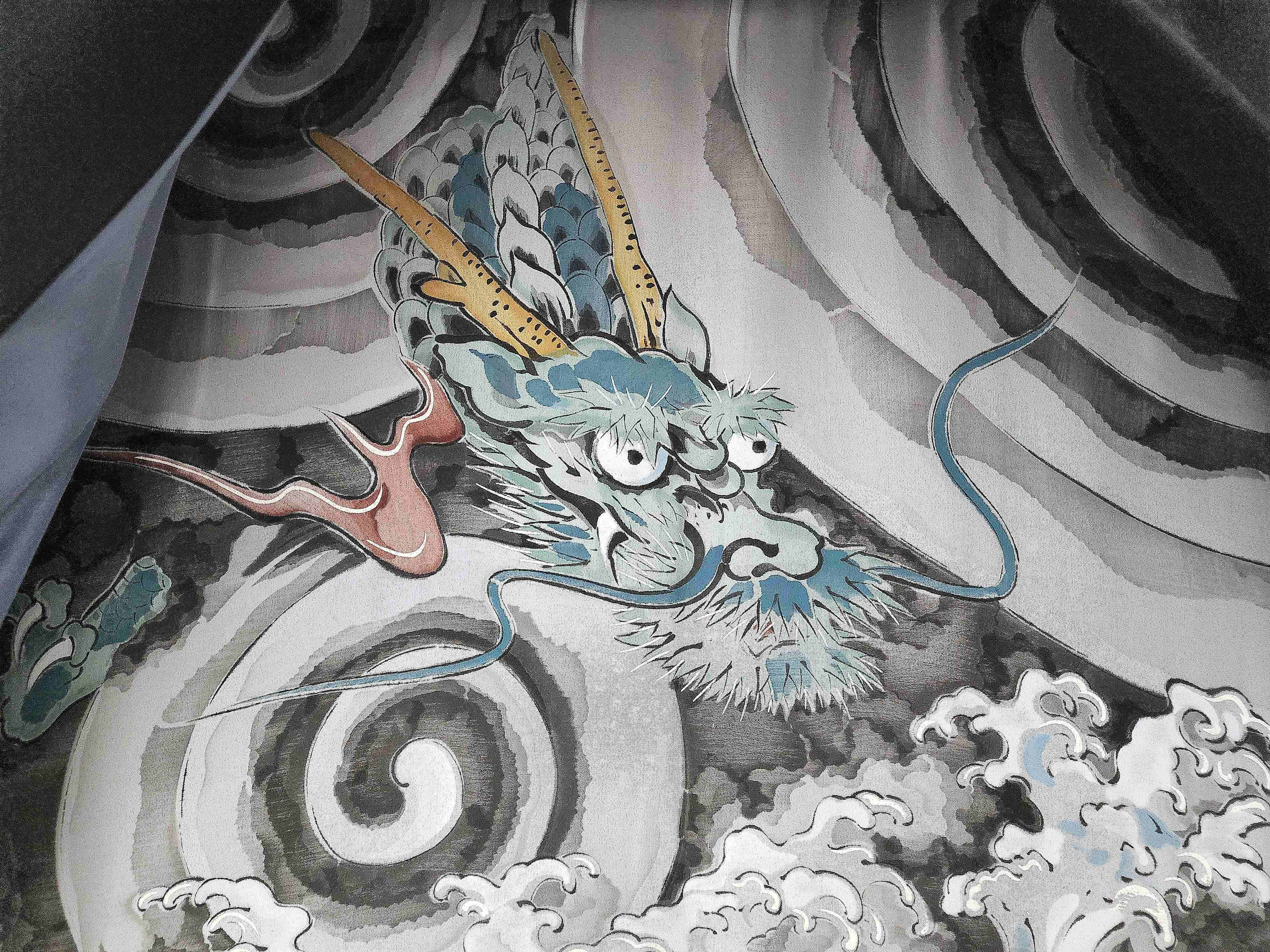
Photo by Rym Al-Ghazal.
“Despite our geographical distance, Japan and Arab cultures, like Saudi Arabia, share intriguing similarities while embodying distinct characteristics,” said Maha Abdulhadi, who leads the cultural days at Ithra and was the project manager for the event.
“Our cultures share values like a great respect for tradition, for family and an appreciation for the arts and communal dining and culinary pride,” she said.
“One of the distinctions of Japanese culture is their great connection to nature and is reflected in all they do, in their clothes, their homes and their way of life, such as their great appreciation for the seasons and so many aspects of their daily rituals are linked to nature,” she said.
“The interplay between Japan and Arab cultures reveals a rich tapestry of shared values and unique traits. Celebrating these parallels and distinctions fosters greater understanding and appreciation across cultures,” she added.
Whether through a shared cup of tea, or a stroll through an exhibition, or simply by enjoying a traditional meal, the impact of cross-cultural conversations and exchanges are not to be underestimated. They form lasting bridges of appreciation, which are built and rebuilt for current and future generations in a widely interconnected global world.
Enjoy more moments from Japan Cultural Day at Ithra:
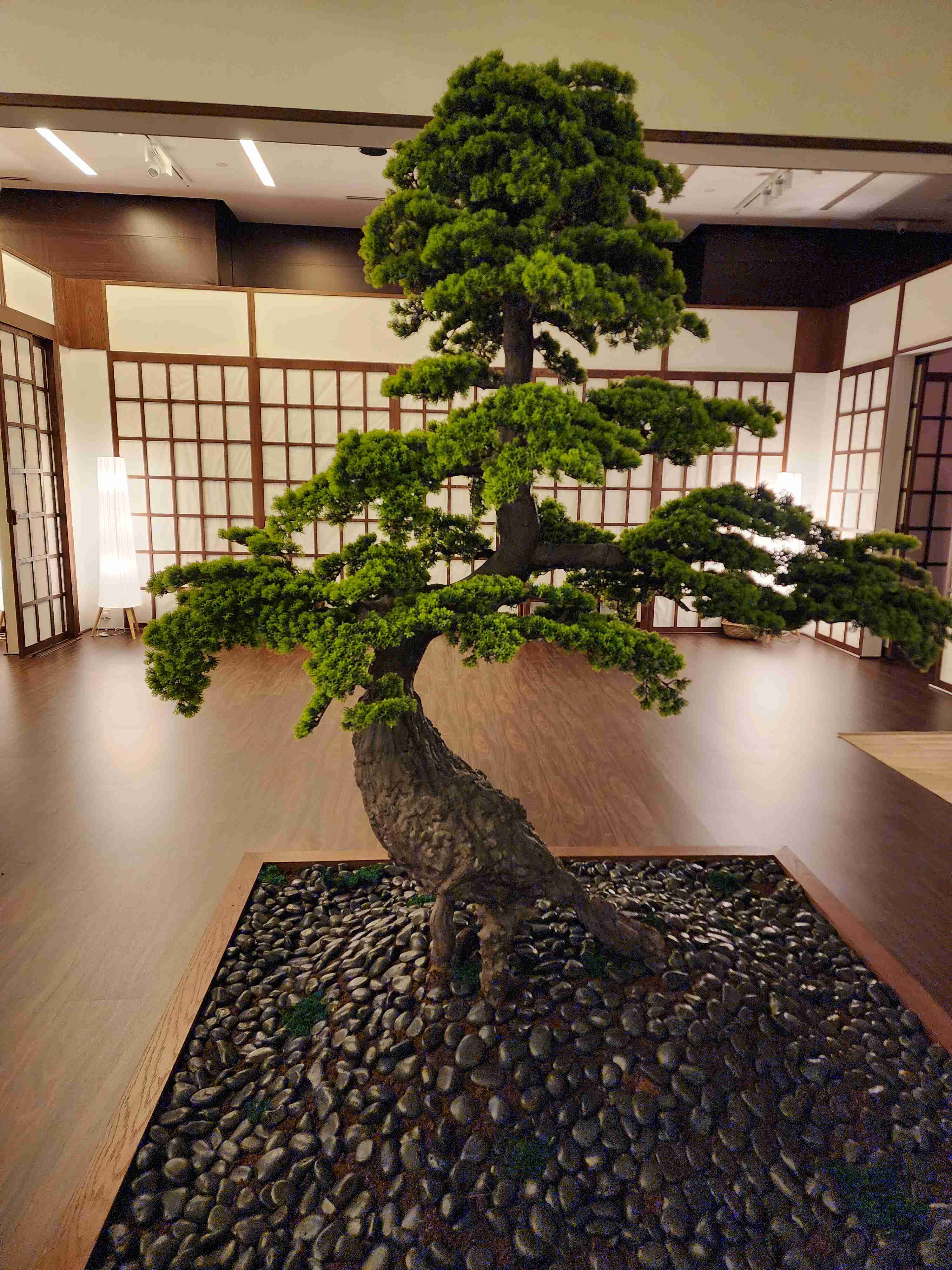
The art of bonsai in Japanese homes, promotes relaxation and balance Bonsai is also a representation of natural beauty and harmony. Japan Cultural Days at Ithra.
Photo by Rym Al-Ghazal.
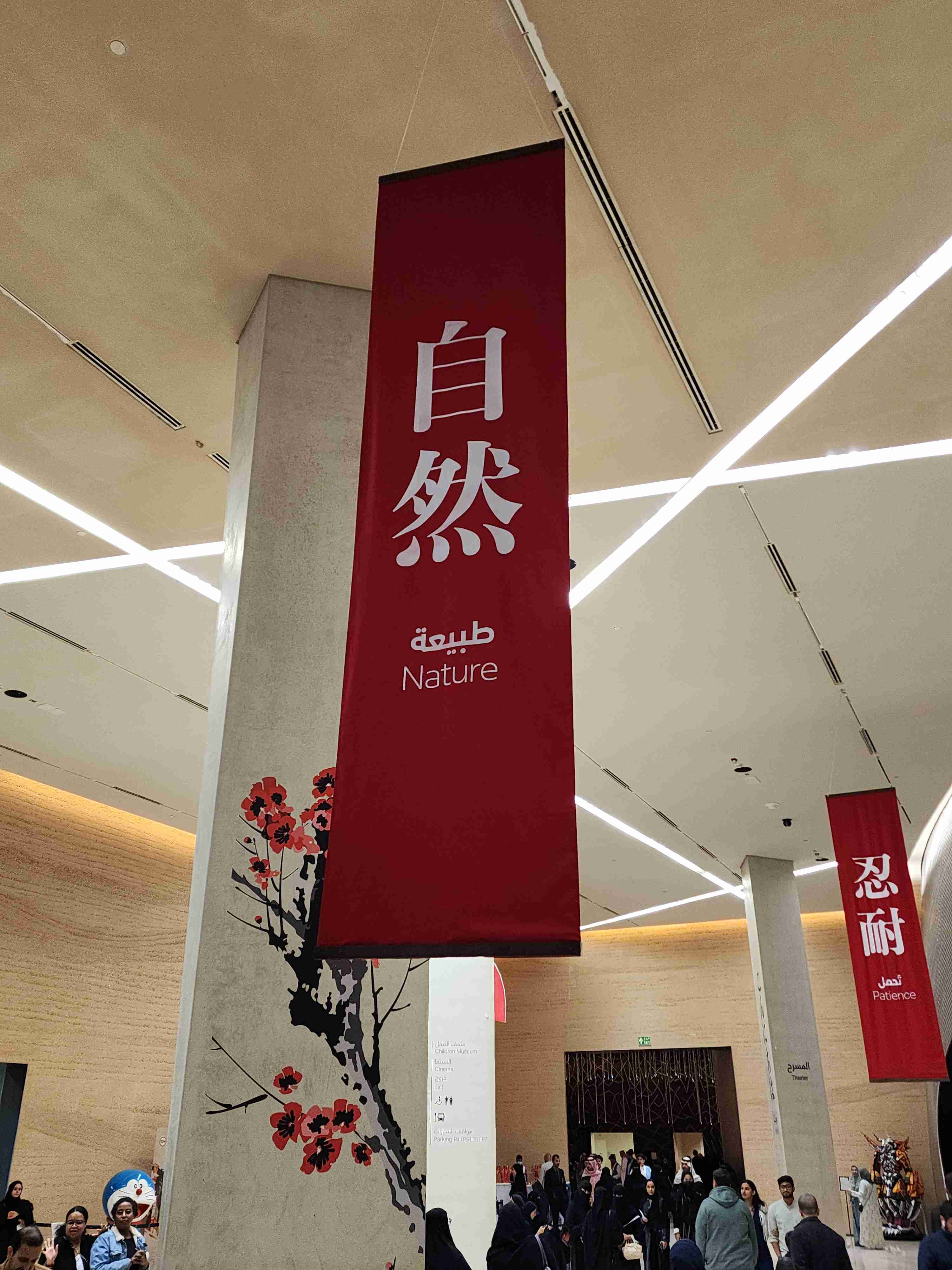
Some of the important values in Japanese culture: connection to nature, patience and honor. Japan Cultural Days at Ithra.
Photo by Rym Al-Ghazal.
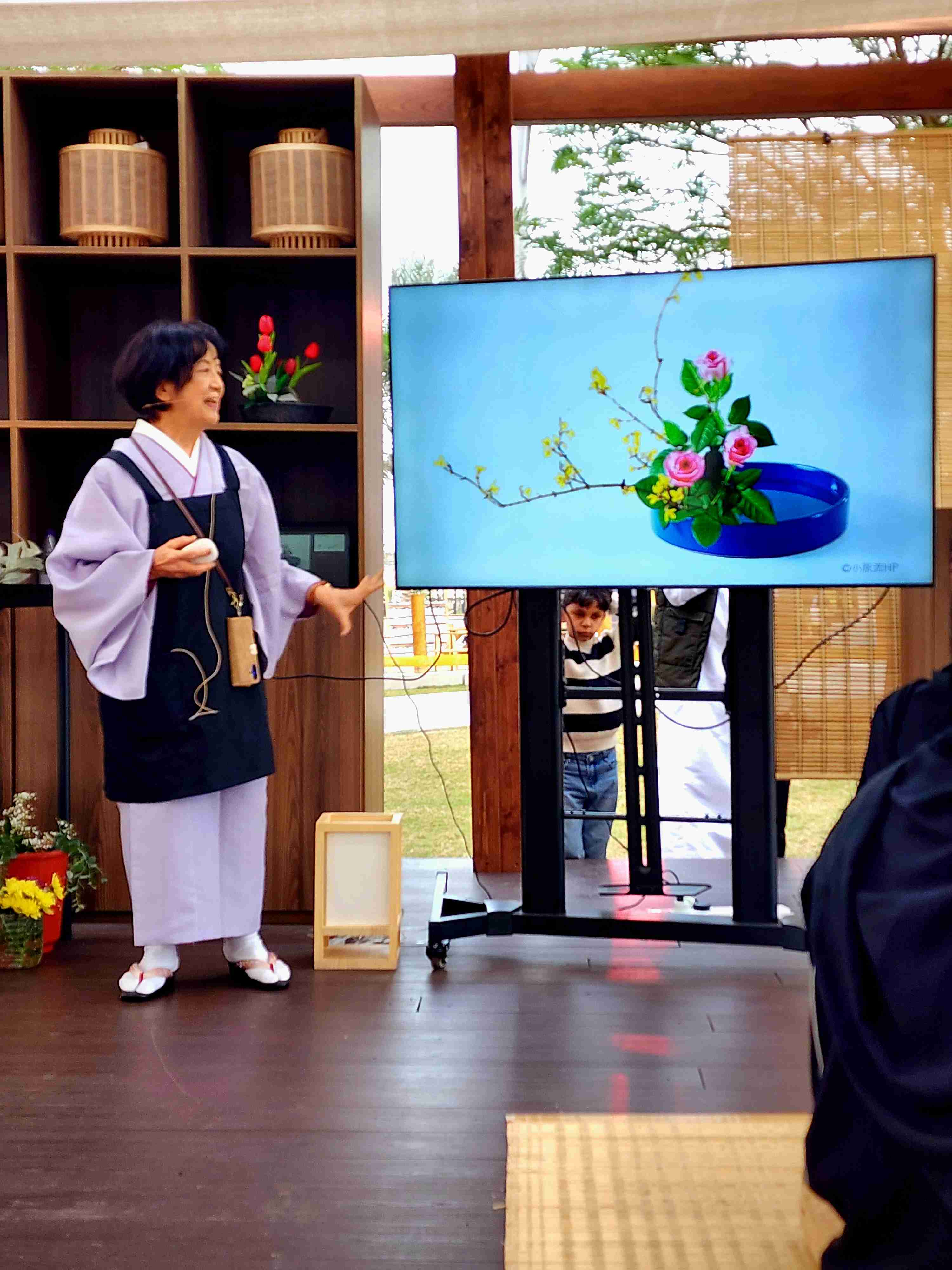
The art of Ikebana - asymmetrical, uses tree branches, and appreciates minimalist harmony of flowers. Mie Nagai, a master in both Ikebana and Tea Ceremony, instructs the public to appreciate the subtle art of nature at home.
Japan Cultural Days at Ithra.
Photo by Rym Al-Ghazal.
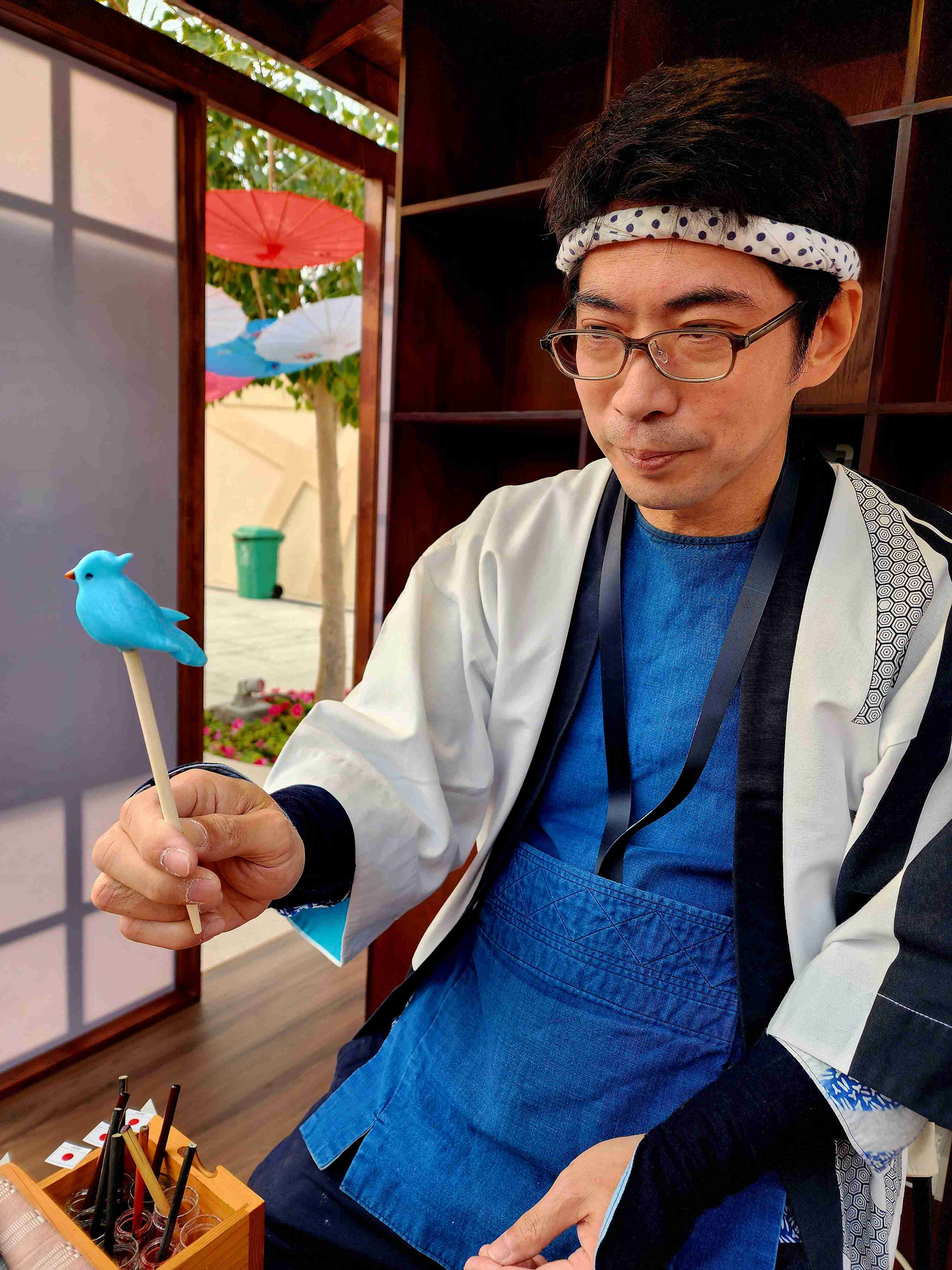
Only ten in all of Japan, traditional Japanese Candy sculptor Takahiro Mizuki left his ‘boring’ civil servant work to master this traditional candy using heated sugar that gets handmade into art, to bring joy to children and adults alike.
Japan Cultural Days at Ithra.
Photo by Rym Al-Ghazal.
Kimono Exhibition at Ithra: A long robe with wide sleeves traditionally worn with a broad sash as an outer garment by the Japanese. The word kimono literally means a thing to wear ("ki" wear and "mono" thing).
From birds and flowers to the cherry blossoms and natural landscapes, elements of nature, myth and culture are all captured on Japanese kimonos. This exhibition invited visitors to view kimonos not just as an item of clothing but as a living canvas — one that bridges the past and the present, transcending time and culture. Celebrate the enduring beauty of the kimono and its power to connect, inspire and transform within Japan and around the world.
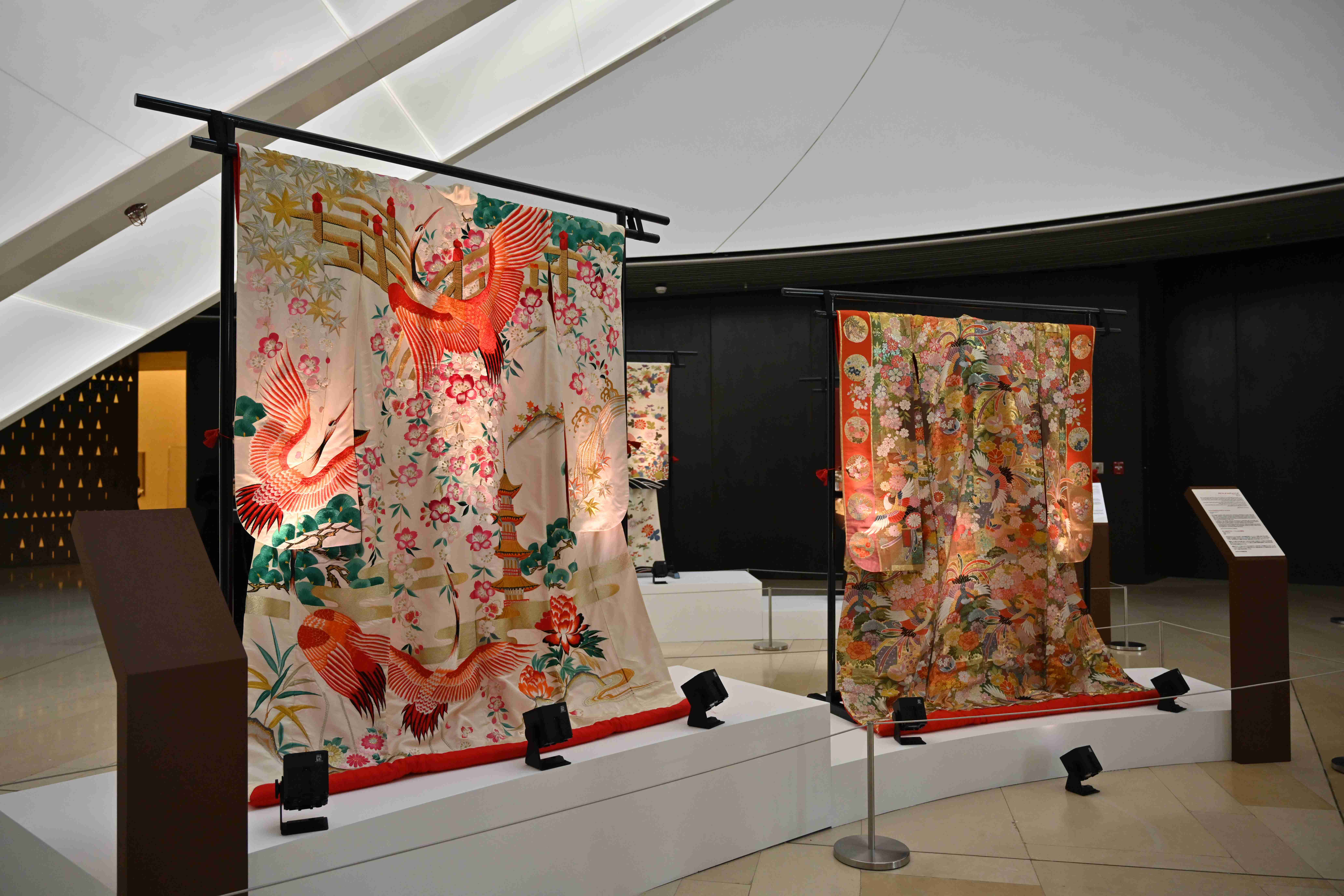
Photo by Ahmed Al-Thani.
Close up of Kimono: A phoenix is boldly depicted on a shiny silk fabric. In Japanese tradition, it is said that the phoenix resides in paulownia trees, eats bamboo fruit and drinks nectar. It is also said that it only appears in times of peace, and when it flies through the sky, the plants and trees do not shake, there is no thunder or storms and other birds follow it. Phoenix eggs are said to be an elixir of immortality and longevity, and the phoenix itself is imbued with the meaning of rejuvenation.
Kimono exhibition at Ithra’s Japan Cultural Days.
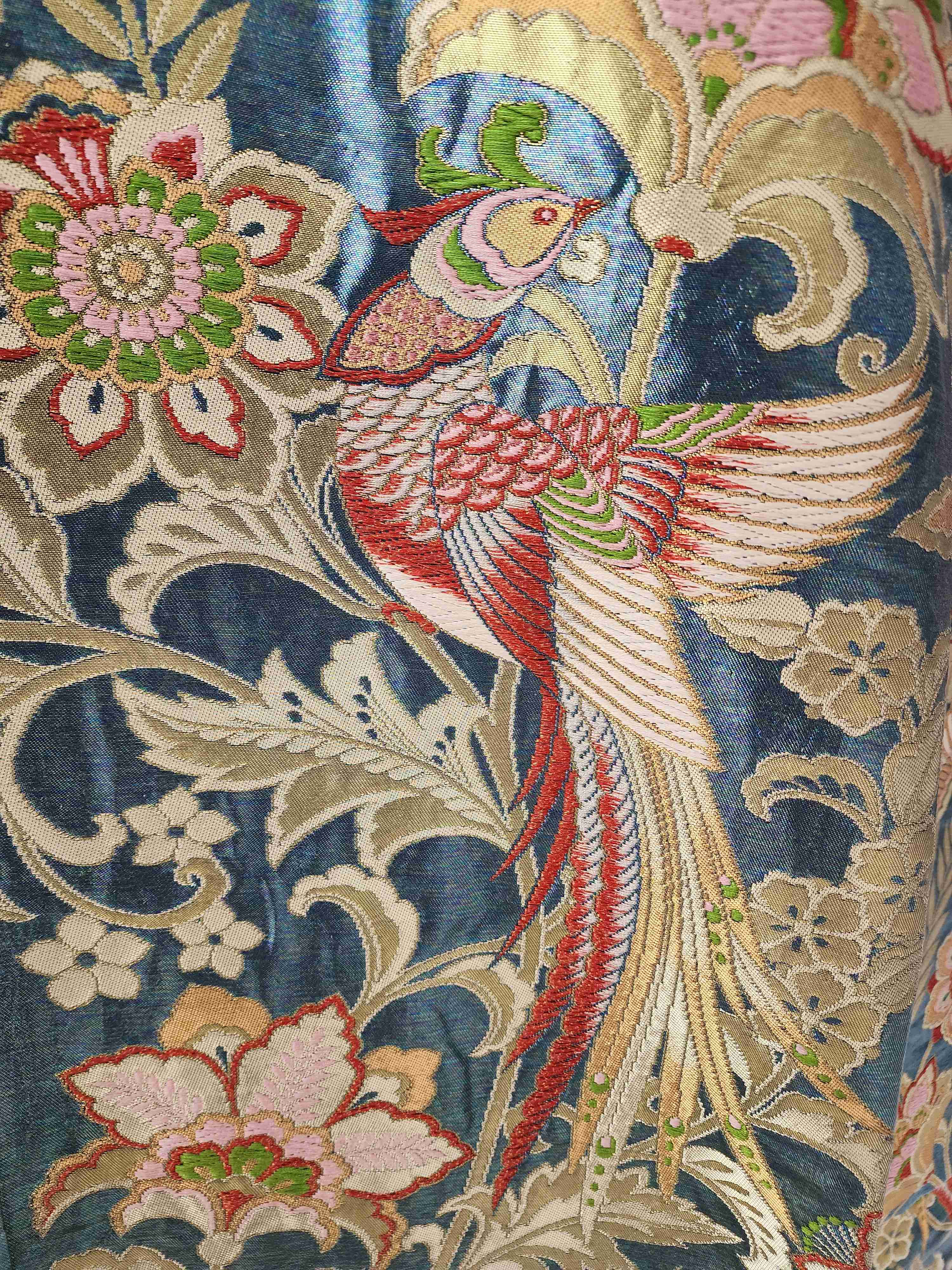
Photo by Rym Al-Ghazal.
